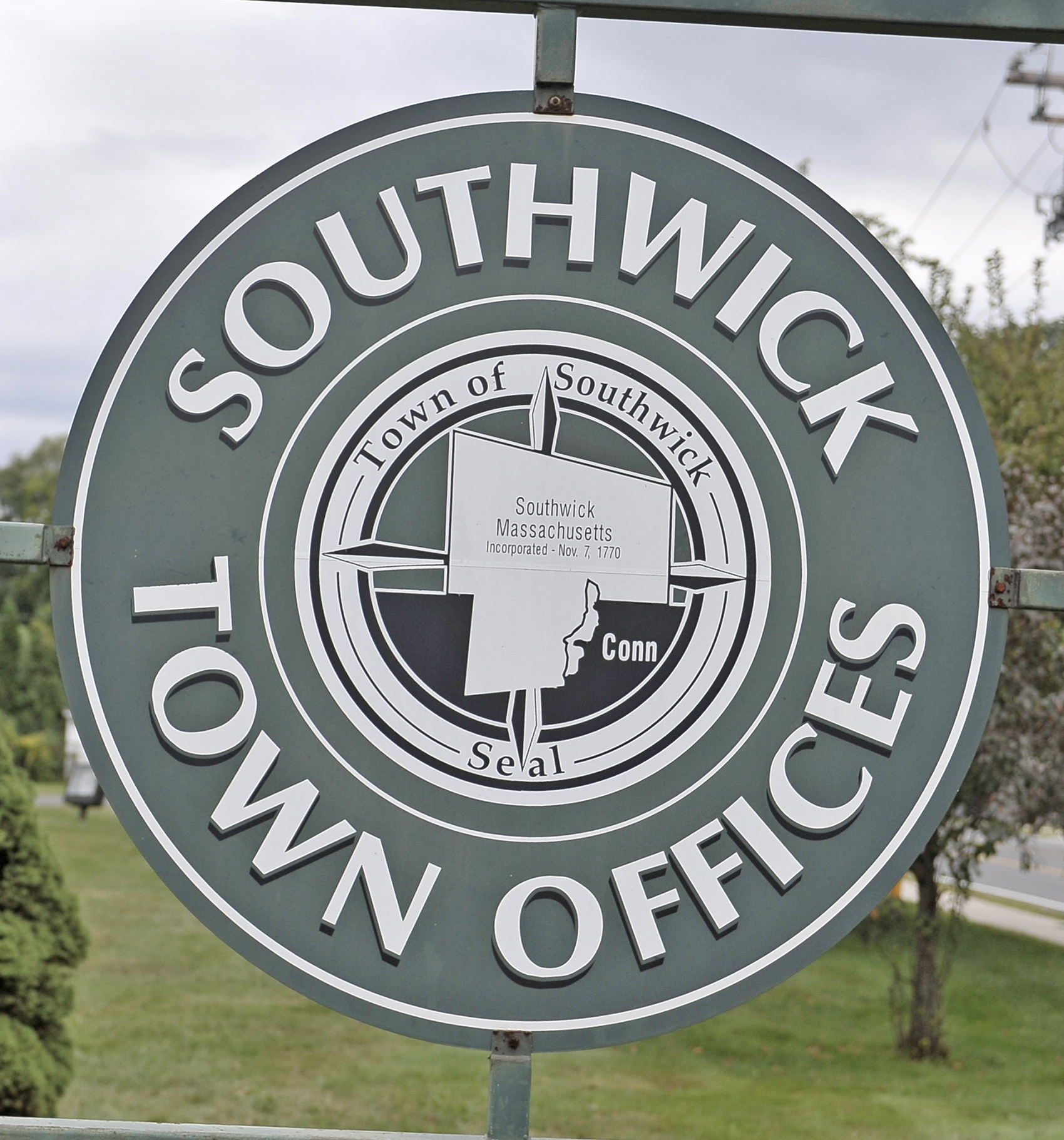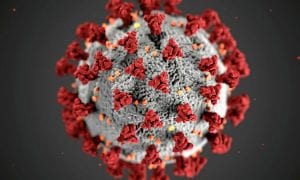
Southwick received a grant to fund the purchase of three parcels of historic farmland, owned by the Kellogg family since 1712. (File photo by chief photographer Frederick Gore)
SOUTHWICK – The town received a $356,400 Local Acquisitions for Natural Diversity (LAND) grant this week.
The grant was announced by Energy and Environmental Affairs (EEA) Secretary Rick Sullivan in Amherst. Southwick is one of 13 Massachusetts municipalities awarded land conservation grants totaling more than $3 million that will help protect 862 acres of farms, wetlands, forests, and wildlife habitat.
The Southwick funds will help purchase three parcels – a total of 134 acres – which are part of a historic farm, owned by the Kellogg family since 1712. The area includes mature upland forest, streams, fields and wetlands.
“With Governor Patrick’s dedication and leadership to land conservation, we’ve achieved some significant results in partnership with municipal officials, private land owners, and land trusts,” said Sullivan. “Through partnering with communities, we are leveraging further investment in our local economies, preserving open space for public recreation, and protecting vital wetlands and wildlife habitat.”
Southwick Town Meeting voters approved acceptance of the land, offered by owner Seth Kellogg.
Kellogg, 72, grew up on the property and said by age five he could easily traverse the landscape.
That property, located off South Loomis Street, was sold to the town by Kellogg for passive recreational use as conservation land protected in perpetuity.
Kellogg said he wanted to keep the land – complete with trails and brooks – as it is.
“It will stay as it is,” he said. “I’m happy about that.”
The total land value is $540,000. Sixty-six percent of that will be paid by the state through the LAND grant, leaving the town to fund $185,000.
CPC member Dennis Clark said a trust for the 134 acres of land would be held by the Winding River Land Conservancy and would include conservation restrictions.
Kellogg said the land has been in his family for 300 years and was passed down from generation to generation.
“Samuel Kellogg acquired the land in 1712,” he said. “I acquired the property from my mother, who bought it from my uncle after my father died.”
A home on the Kellogg property would not be included in the purchase. However, a driveway to the home would be used as an access road to the land.
Much of the land is wooded and has numerous trails. Munn Brook flows through it, as does a smaller waterway called Dead Brook, said Kellogg. There are marshlands and endangered species, as well as forests. And, the brooks are stocked with a variety of trout.
Kellogg said there are two fields on his property, one of which is included in the sale. He said as a kid, there was tobacco in the field and cows grazing along the brooks.
“There was a natural spring and when I was nine or 10, I would run to the spring to get water for the guys picking tobacco,” Kellogg said. “I would get 10 cents a gallon – I think by the end of the summer I had about $20.”
Kellogg’s parents, Seth and Irene, farmed some of the land. Irene was a school teacher who emphasized education for her three children and Kellogg earned his doctorate in English Literature from the University of Massachusetts and followed in his mother’s footsteps.
He pursued a teaching career and ended up back in Southwick, purchasing his uncle’s house where he still lives today.
Since 2007, the Patrick-Murray Administration has conserved more than 100,000 acres of land throughout the Commonwealth. Under this unprecedented effort, more than 16,000 acres in 10 habitat reserves – the most pristine habitats – have been preserved, and more than 150 parks have been created or restored.
Other grants were awarded this week to 12 other communities, including Amherst, Belchertown, and Granby.
Since 1961, EEA’s LAND (formerly known as Self Help) awards have helped cities and towns acquire land for conservation and outdoor recreational uses such as hiking, wildlife watching, fishing, hunting, and cross-country skiing. Funding for the grants comes from the Energy and Environment Bond Bill signed by Governor Patrick in 2008. To qualify for the reimbursement grants, communities must fund projects upfront through local, federal, or private sources and the protected open space must be open to the public. Municipalities may use grant funds for outright land purchases or partial interests, such as conservation restrictions, and for associated acquisition costs.






